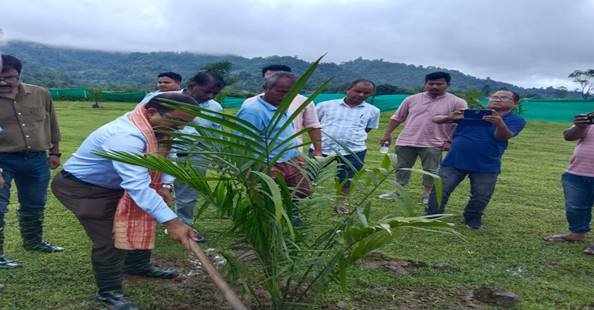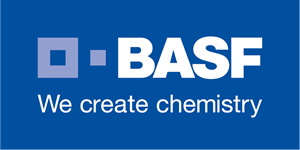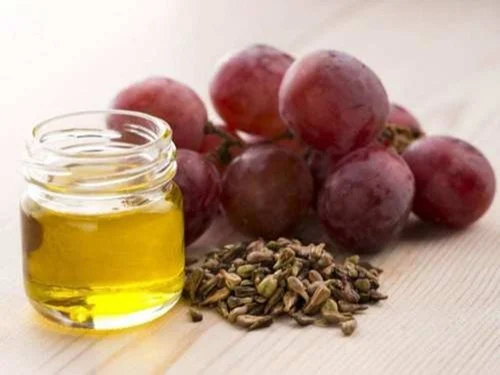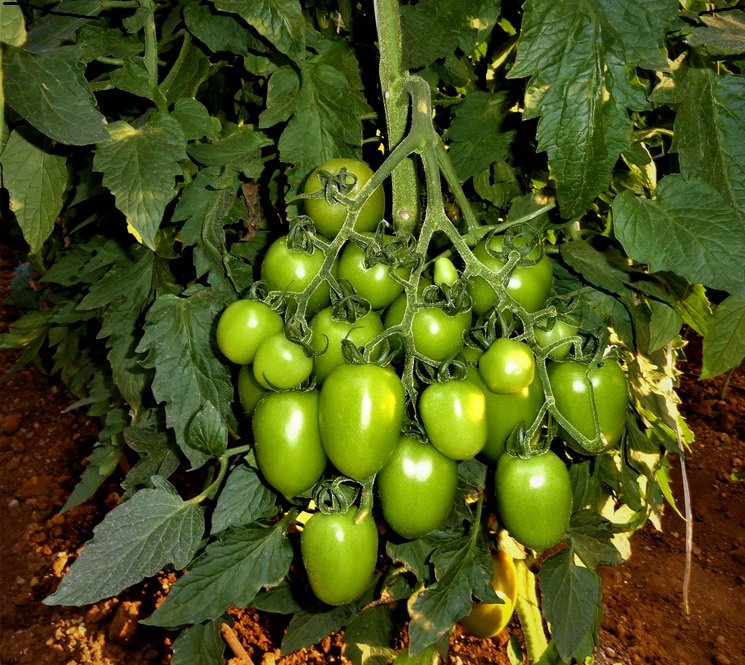Mega plantation drive for oil palm cultivation under National Mission for Edible Oils
State Governments along with Oil Palm processing companies are participating in Mega Plantation Drive for Oil Palm Cultivation to cover an area of roughly 7750 hectares
To increase the oil palm production area to 10 lakh hectares and boost the Crude Palm Oil production to 11.20 lakh tonnes by 2025-26, the Government of India launched National Mission for Edible Oils- Oil Palm in August 2021. In addition to the marked growth in the production of edible oils, the Mission is also successfully leading India towards an ‘Aatma Nirbhar Bharat’ by reducing the import burden. Under the Mission, the State Governments along with Oil Palm processing companies have initiated a Mega Oil Palm Plantation drive from 25th July 2023 to further increase oil palm cultivation in the country. Three major oil palm processing companies, namely, Patanjali Food Pvt. Ltd., Godrej Agrovet, and 3F are actively promoting and participating with the farmers in their respective states for record area expansion.
The Mega plantation drive commenced on 25th July 2023 and will continue till 12th August 2023. The major oil palm growing states, namely, Andhra Pradesh, Telangana, Tamil Nadu, Odisha, Karnataka, Goa, Assam, Tripura, Nagaland, Mizoram, and Arunachal Pradesh will be participating in this initiative.
The drive started on the 25th of July 2023 in the Rest of India (RoI) states i.e. Andhra Pradesh, Telangana, Tamilnadu, Odisha, Goa and Karnataka, and will continue till the 08th of August and will cover an area of almost 7000 hectares area out of which more than 6500 hectares is targeted to be covered by Andhra Pradesh and Telangana.
State Governments along with Oil Palm processing














